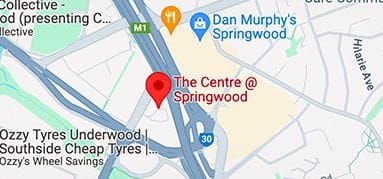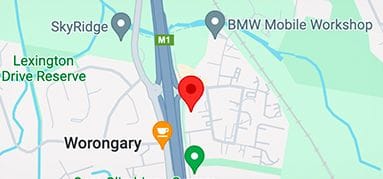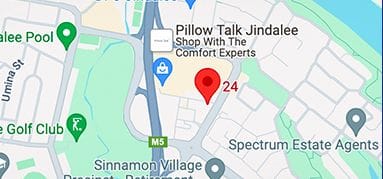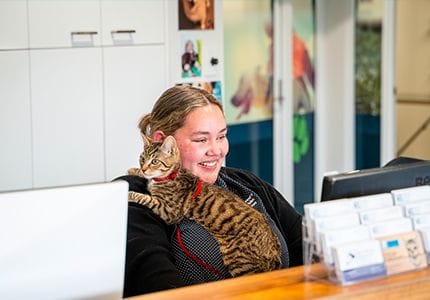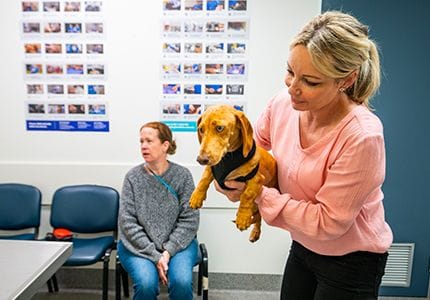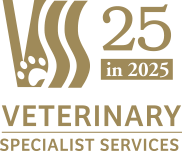Sedation and anaesthesia are important aspects of the diagnosis and management of our patients. Patients that have been referred to VSS often have more than one disease or medical condition and the anaesthetic risk may be significantly increased as a consequence.
To minimise the risk associated with anaesthesia or sedation every patient has a specific plan tailored to their needs, including appropriate pain relief. We make a concerted effort to further reduce the risk of anaesthesia by having a highly trained nurse allocated to monitor that patient for the duration of the procedure and recovery from anaesthesia.
A variety of drugs and techniques are available such as epidural analgesia and localised nerve blocks to aid in providing the best possible patient care for your pet. We use advanced monitoring equipment and techniques to enable us to detect any changes in patient vital signs, allowing us to respond quickly to any problems that may arise.
Some of the types of cases we can provide advanced level anaesthesia for include:
-
Interventional cardiology cases or patients with cardiac disease
-
Trauma patients or patients with multiple injuries
-
Critically ill patients
-
Patients with neurological problems such as spine or brain surgery
-
Patients with chronic illness such as hyperthyroidism or liver disease
-
Cancer surgery
-
Orthopaedic surgery
&geometry(278x56))

